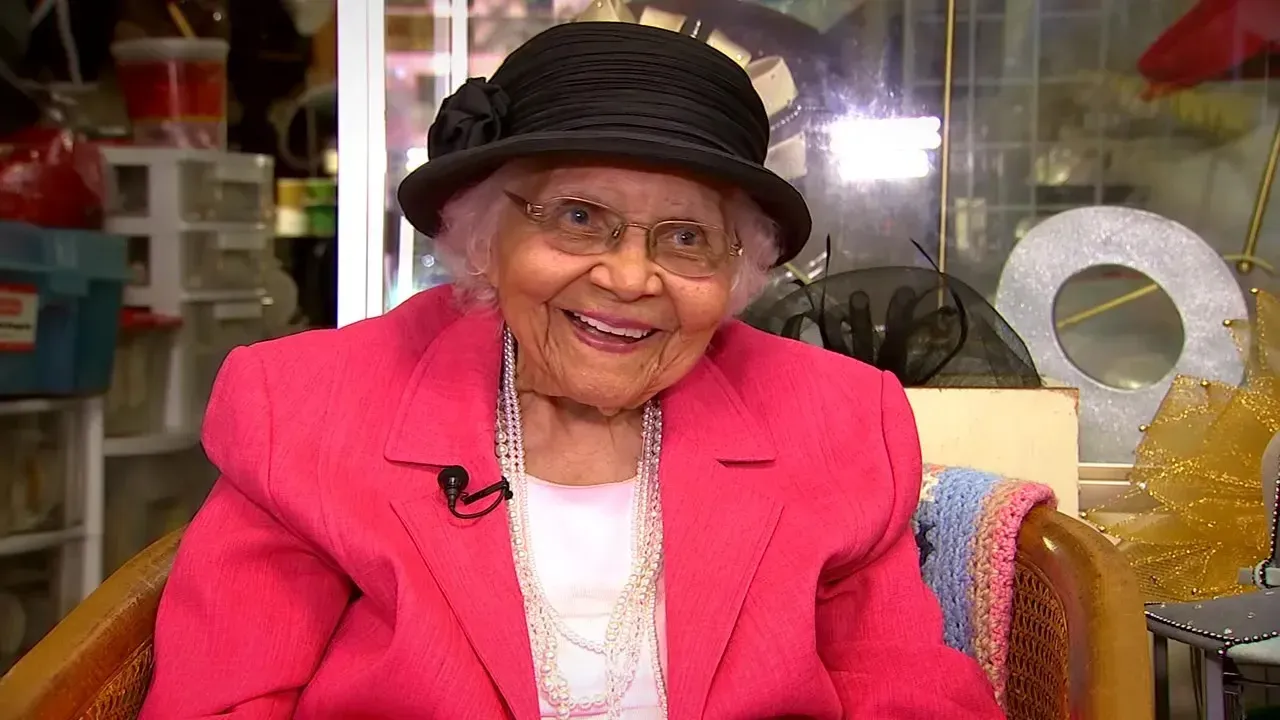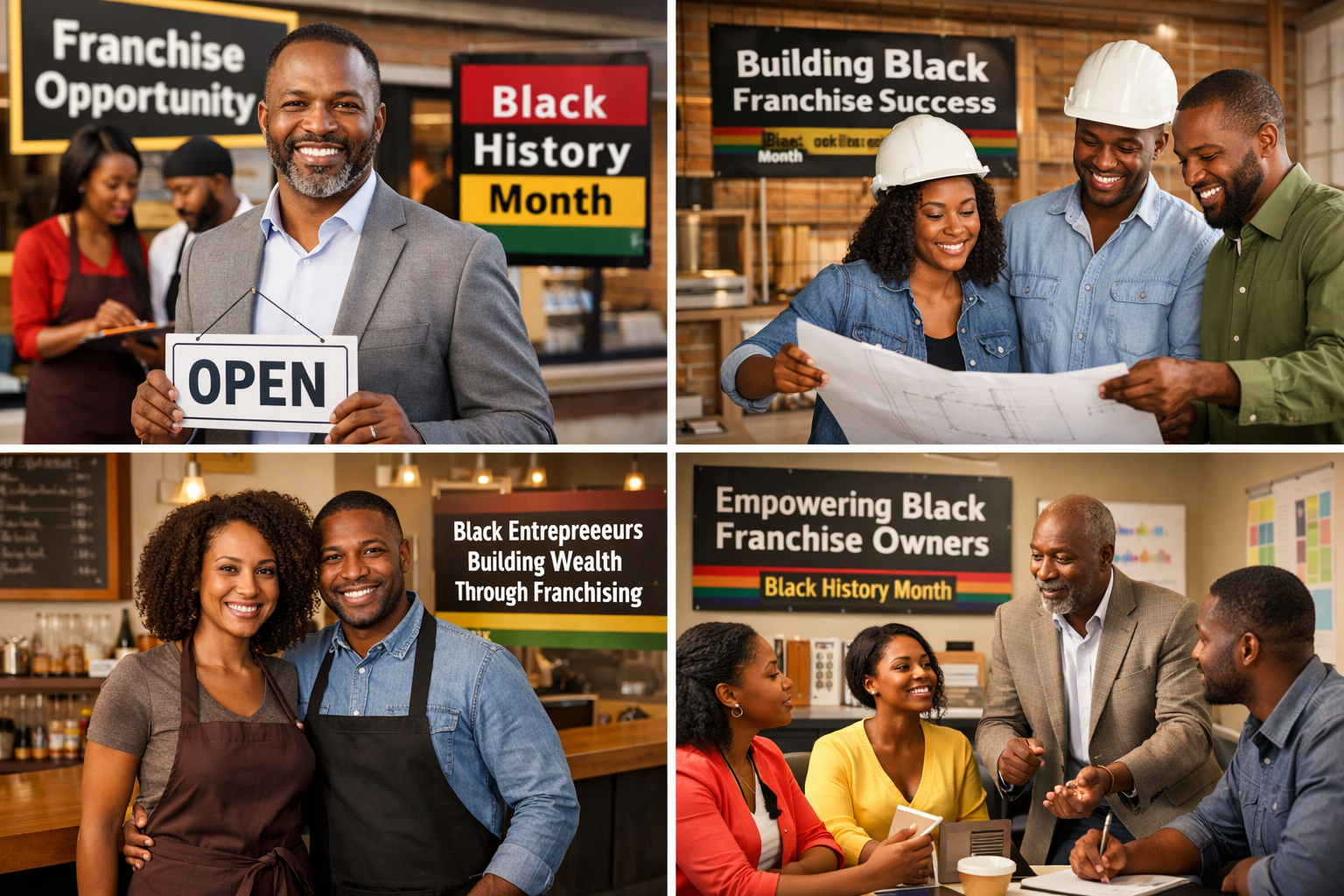First Generation. Global Impact.
How Indian‑Americans Are Shaping U.S. Business, Politics, and Media — and What Franchising Can Learn from Them
I’m a first‑generation immigrant. I know the grind of starting over in a new country. The language may be foreign, the rules unspoken, and the networks nonexistent. But you find a way. You build. You contribute. You make it home. That’s why I hold deep admiration for the Indian‑American community.
Across the United States, Indian immigrants and Indian‑Americans have emerged as some of the most influential leaders in business, politics, and media. As a franchise consultant with decades of experience, I believe their journey offers powerful lessons—not just for those of Indian heritage, but for anyone striving to turn legacy into leadership.
Let’s explore what this community continues to accomplish—and how the franchising world can both learn from—and serve—them.
From Startups to Boardrooms
Indian‑Americans are among the most entrepreneurial communities in the country. You’ll find them leading Fortune 500 companies (think Satya Nadella at Microsoft, Sundar Pichai at Google), founding tech unicorns, investing in innovation—and above all, owning and scaling franchises into multi-unit empires.
What sets them apart? A combination of education, discipline, and intergenerational grit. Many arrived in the U.S. with STEM degrees and a deep respect for learning. They embrace systems—exactly why franchising is a natural fit. A franchise offers a proven model, but still rewards initiative and strategic thinking. That synergy is where Indian‑American franchise owners shine.
In sectors like hospitality, education services, convenience retail, and healthcare support, they consistently outperform. They scale efficiently, reinvest wisely, and often involve family—transforming single-unit shops into multi-generational businesses.
In fact, the Indian‑American contribution to the U.S. franchise ecosystem is both immense and genuinely applaudable. Their entrepreneurial leadership has quietly—yet powerfully—helped build some of the nation’s most successful franchise networks.
Voices of Power: Representation in Politics and Public Service
If entrepreneurship was the first frontier, politics is now the next. Indian‑Americans are increasingly visible in U.S. governance. Their rising presence is not just symbolic—it’s fundamentally strategic.
The current Director of the FBI is Kash Patel, an Indian‑American confirmed by the Senate on February 20, 2025 to lead the Bureau. His appointment marks a significant moment in national leadership—and underscores greater representation at the highest levels.
Meanwhile, Vice President Kamala Harris, with Indian roots, made history with her election. In Congress, leaders like Ro Khanna and Pramila Jayapal continue to bring Indian‑American perspectives to federal policy.
In Illinois—where I used to live—my own congressman was Raja Krishnamoorthi, a proud graduate of my alma mater, Harvard University. I witnessed firsthand his impact: helping small businesses grow, supporting franchise operators, and personally advocating for immigrant families navigating complex legal and business challenges. Now running for the U.S. Senate, I’m confident he will carry that same integrity and effectiveness to the next level.
Another political star rising fast is Zohran Mamdani, a Ugandan-born Indian-American raised in Queens, New York. At just 33 years old, he won the 2025 New York City Democratic mayoral primary, defeating a slate of landmark figures including former Governor Andrew Cuomo. Mamdani’s story is the classic American dream: the son of immigrants who worked his way up through community organizing, was elected to the New York State Assembly, and is now one step away from becoming the first Indian-American mayor of New York City. His campaign—centered on working-class uplift, housing reform, and equitable transit—has energized a new generation of civic leaders.
Their rise in federal and local leadership matters for every small business owner. Public policy—from immigration access to tax regulation and small-business support—shapes the world of franchising. Indian‑American leaders are not just participating—they are helping shape a more inclusive and business-forward economy.
Media, Identity, and Narrative Power
Representation isn’t just politics—it’s storytelling. Indian‑Americans are increasingly shaping the national narrative—from journalists to filmmakers to authors. Their stories reposition what leadership looks like in America. When Indian-American success is featured on TV, in print, or online—it signals cultural belonging across every American space.
That representation amplifies confidence among aspiring Indian-Americans exploring franchise ownership. It also challenges franchise brands to evaluate how inclusive their hiring, marketing, and community engagement truly are.
Shared Values, Shared Journey
As a first-generation immigrant myself, I see this story in my own life. My journey was built on sacrifice, long hours, and relentless optimism. I arrived with few connections, yet a clear vision for my family’s future. I worked, studied, and pushed harder than most.
Indian‑American families share this experience: education became a bridge; discipline became an engine; opportunity became a mandate. That ethos mirrors franchising: you invest in a proven system, you commit to excellence, and over time, you build something that lasts.
Opportunities for the Future
For franchisors looking to build meaningful networks, the Indian‑American community presents both alignment and opportunity:
- Education Franchises: STEM centers, tutoring services, enrichment programs align well with strong cultural emphasis on learning.
- System-Aligned Entrepreneurs: Many Indian-American franchisees prefer structure—they thrive in a process-driven environment.
- Family Businesses: Multi-generational operation is common, and single units often evolve into scaled ventures.
- Long-Term Visionaries: They tend to play the long game—not quick flips—making them ideal partners for franchise development.
A Final W
This article isn’t simply a celebration of Indian‑American success. It’s a testament to what happens when ambition meets structure—when proven systems meet community energy.
The contributions to business, politics, and media are plentiful. But more importantly, they reflect the potential of a community that has turned first-generation ambition into generational leadership.
To those in the franchise world: these are not just stories. They are partners, operators, advocates, and co-builders. And if you're an Indian‑American professional considering business ownership—consider this your invitation. You already have what it takes. Now it's time to own it—literally.
About the Author
Mevlut “Hilmi” Cinar is a first‑generation Turkish immigrant who arrived in the U.S. 23 years ago and worked his way up from modest beginnings to become a Harvard graduate, successful entrepreneur, and well-respected franchise consultant. Having built, scaled, and exited multiple businesses, he now advises professionals at the beginning of their journeys—helping them chart paths to freedom, purpose, and prosperity through proven franchise models.Contact Mevlut at Hilmi@thefranchiseconsultingcompany.com











